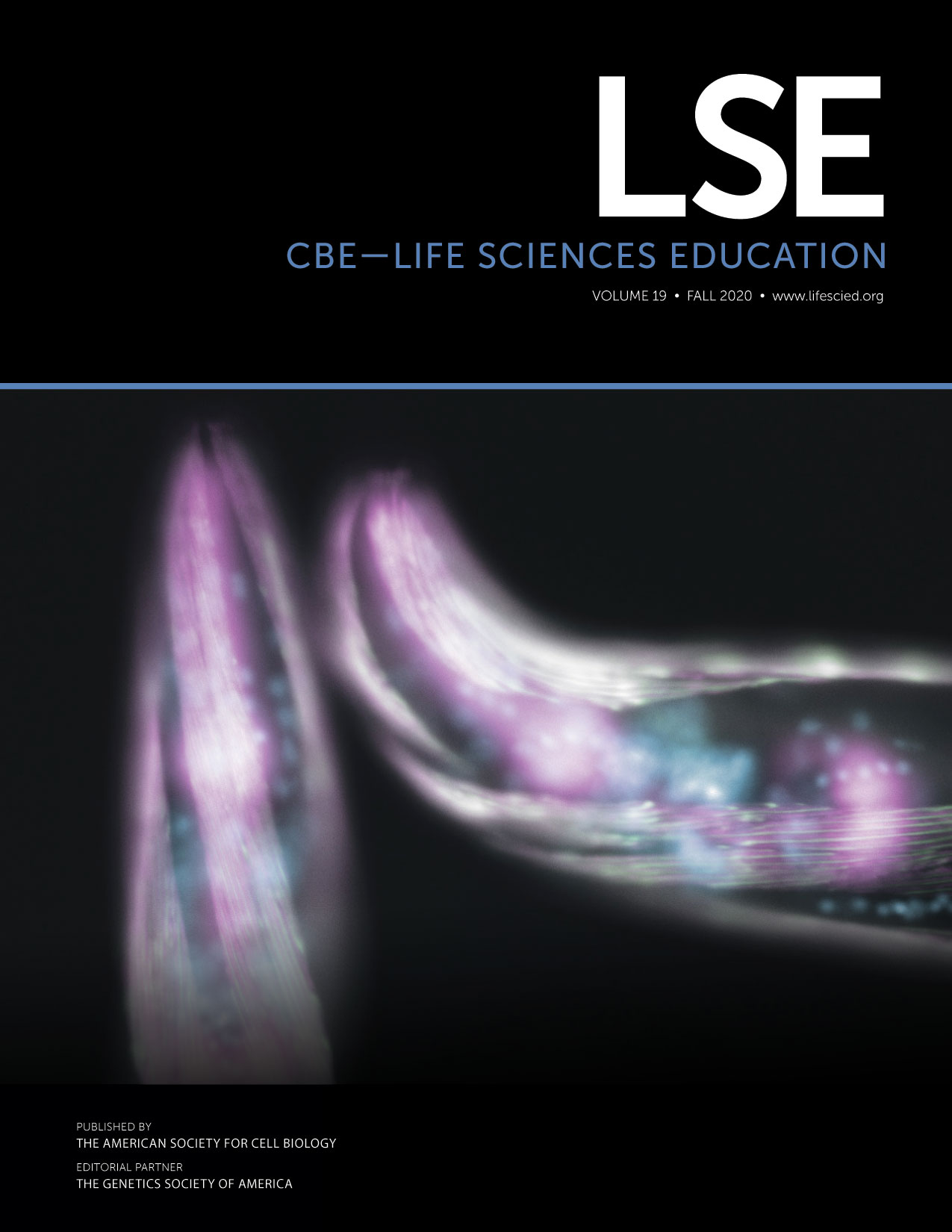Mentoring Structures and the Types of Support Provided to Early-Year Undergraduate Researchers
Abstract
Research has shown that mentorship provided to undergraduate researchers affects the extent of research outcomes. Although a large body of literature focuses on the faculty–undergraduate dyad mentorship structure, little is known about mentoring triads (i.e., interaction among undergraduate students, faculty, and graduate students or postdoctoral associates) or the support provided to early-year undergraduate researchers. Mentors provide various types of support (e.g., intellectual, personal, emotional, and professional support) to undergraduate researchers to increase their engagement in a discipline. This qualitative exploratory study aims to investigate undergraduate researchers’ perspectives on mentoring structures and the support provided to them in their first and sophomore years. The majority of participants described the mentorship they received as having a triad structure, indicating interaction with both faculty and postgraduates. Participants also reported receiving different types of support from faculty and postgraduates depending on their mentoring structures and the amount of research experience they gained. Given the potential benefits to undergraduate researchers, undergraduate research programs should be designed to provide clear roles, responsibilities, and expectations to maximize the support provided to undergraduate students.



